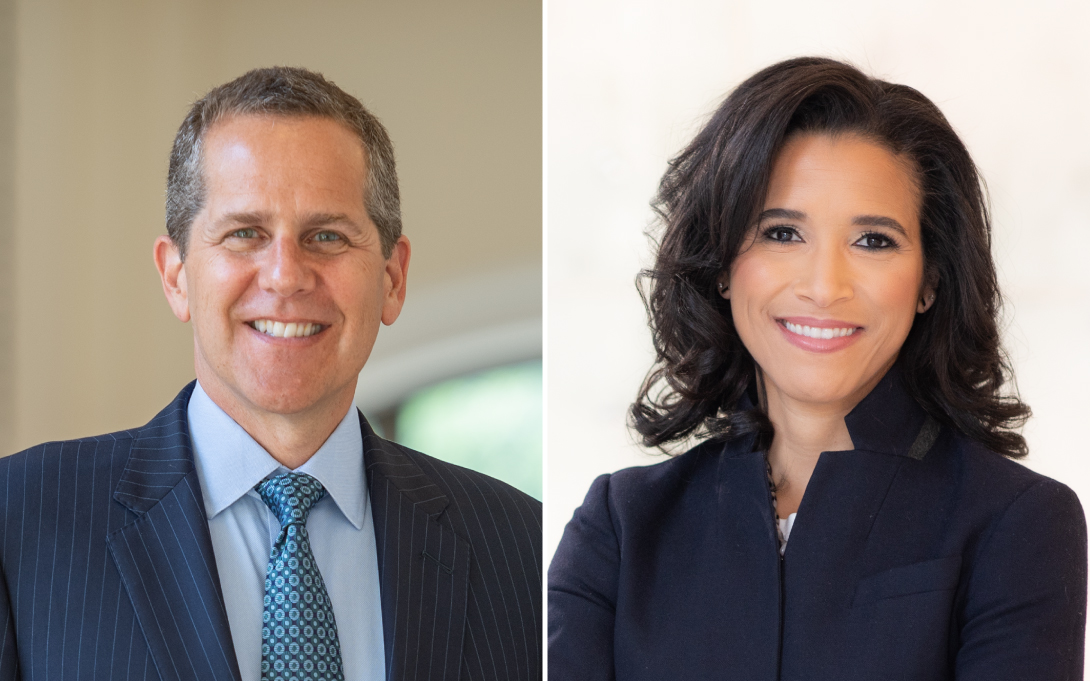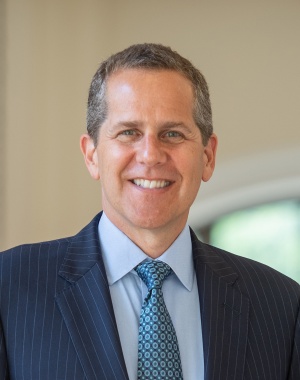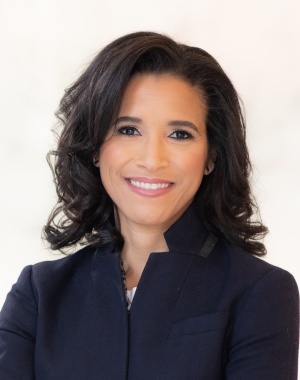
Ford School Dean Michael Barr and professor of practice Adrienne Harris say the technologies of the “payments revolution,” which enable people to make payments and access bank accounts more easily, can also lead to greater financial inequality.
In The FinReg Blog, they call on central banks to take action to “use their operational and regulatory authorities to better serve low-income households, small businesses, and marginalized groups.” They highlight four areas of action:
- Expand access for low-fee or no-fee bank accounts and work with private providers to set up low-fee or no-fee mobile payment systems.
- Increase speed by building, or encouraging the private sector to build, back-end systems that allow for real-time gross settlement of retail payments so that households and businesses can get deposited funds right away, when they need them.
- Eliminate predatory practices and prohibit excessive fees by banks and privately owned payment system operators.
- Reduce cross-border costs by reducing the number of intermediaries required to make payments internationally.
The article, co-written by Lev Menand of Columbia Law School, refers to a paper they published in July, “Building the Payment System of the Future: How Central Banks Can Improve Payments to Enhance Financial Inclusion,” which is a part of their overall research into the Central Bank of the Future project at the Center on Finance, Law, and Policy.
Michael Xu of CFLP is a co-author of that paper.


